Britain & Ireland
What was it about industrialisation that led to the emergence of a woman’s movement in Victorian Britain? Why do we see so many people fighting for so many rights and liberties in this period and what are the origins of some of the issues we still campaign on today? This section includes our major series on Social and Political Change in the UK from 1800 to the present day. There are also articles and podcasts on the often violent relationship between England and Ireland during this period and England’s changing relationship with Scotland and Wales. Read more
Sort by:
Date (Newest first) | Title A-Z
Show:
All |
Articles |
Podcasts |
Multipage Articles
-

Recruiting volunteers to fight in the First World War
ArticleClick to view -
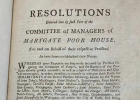
Doing history: The Old Poor Law in a Regency York Parish 1795–1847
ArticleClick to view -

Virtual Branch Recording: Vagabonds versus the Mendicity Society
ArticleClick to view -

My Favourite History Place: A Short History of Brill
ArticleClick to view -
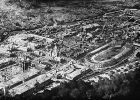
White City: the world’s first Olympic Stadium
ArticleClick to view -
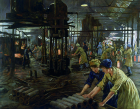
Britain and the First World War: not just battles
ArticleClick to view -
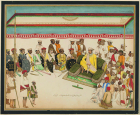
Real Lives: Maharaja’s German: Anthony Pohlmann in India
ArticleClick to view -

Opinion: Who was ‘the man of his time’?
ArticleClick to view -
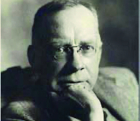
The circle of Ulster literary male friendships of author Forrest Reid
ArticleClick to view -

The Importance of Truth, Quality and Objectivity in the BBC German Service from 1938 to 1945
ArticleClick to view -
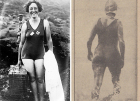
Writing Lilian Harrison into history
ArticleClick to view -

The right to fight: women’s boxing in Britain
ArticleClick to view -

Who only history know? Cricket, society, and the historical oversight of sport
ArticleClick to view -

Political and social attitudes underpinning the 1924 Olympics
ArticleClick to view -

Out and About: exploring Lancaster’s ‘glocal’ history online and on foot
ArticleClick to view -

Crowdsourcing the heritage of the Second World War
ArticleClick to view -

The Legacy of the Z Special Unit in World War II
ArticleClick to view -

Forbidden friendships: taverns, nightclubs, bottle bars and emancipation
ArticleClick to view -

Real Lives: Charlie Mitchell, Tuke's top model
ArticleClick to view -

Robert Branford: a faithful servant of Southwark
ArticleClick to view

